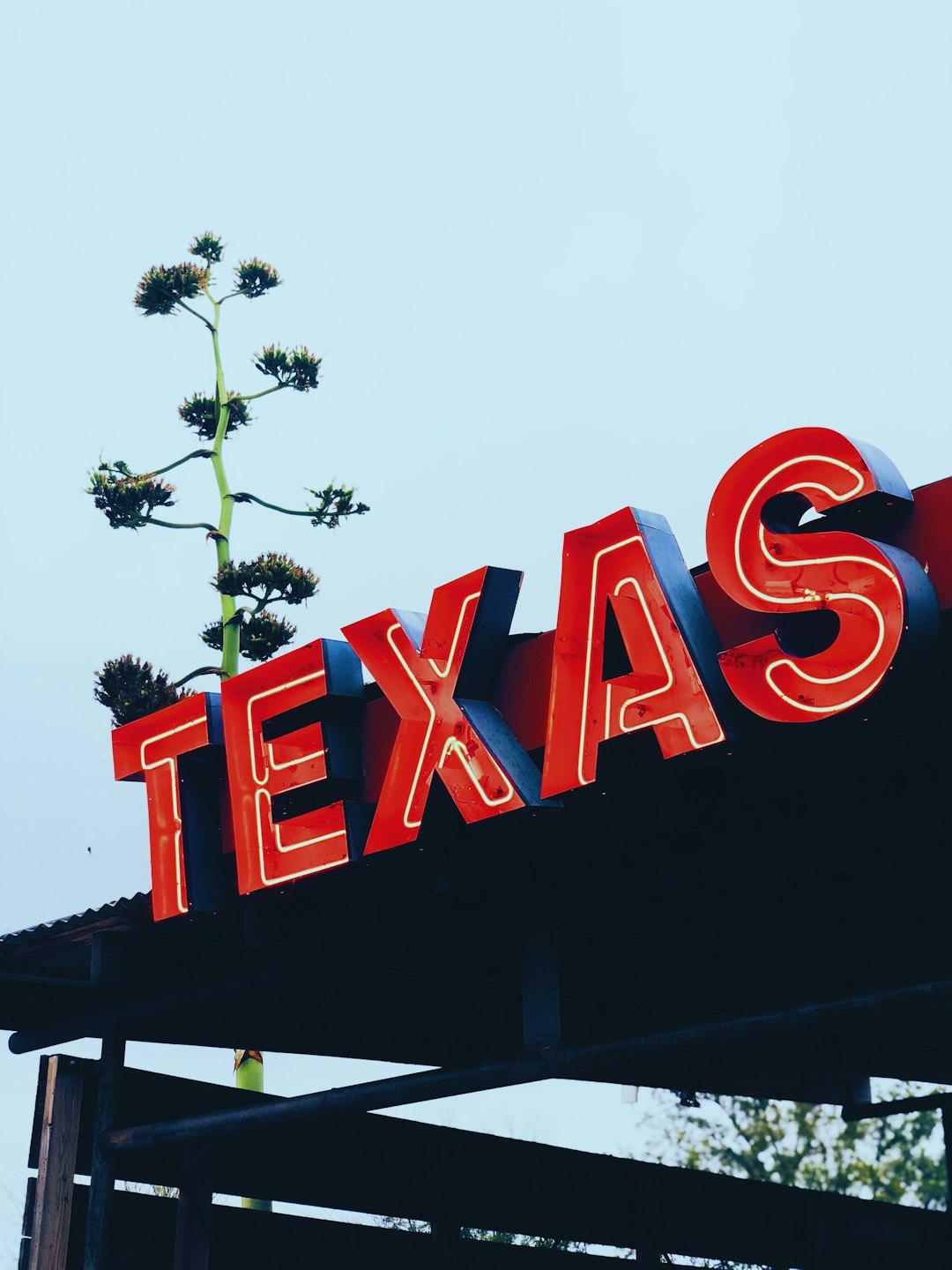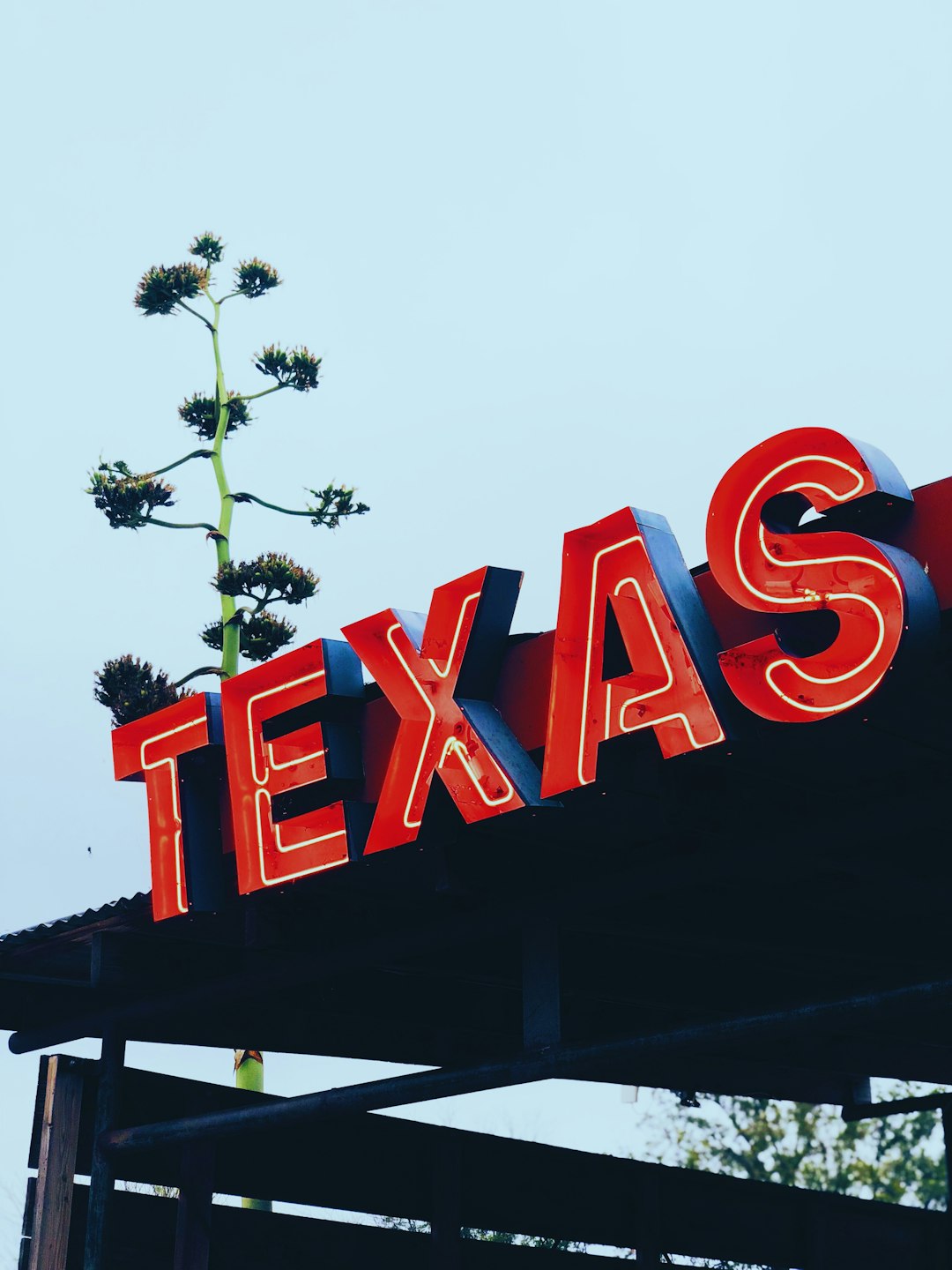Texas' "No Call Laws" protect residents from unwanted telemarketing calls by making it illegal for businesses to contact individuals on the state's "Do Not Call" list. Community registration drives have significantly reduced intrusive calls, fostering privacy and a calmer environment. To organize a successful drive in Mission, Texas, follow local laws, promote through various channels, collaborate with leaders, and ensure strict best practices for participant consent, communication, and record-keeping to protect consumer rights. These efforts empower Texans, offering peace of mind and setting an example for other states implementing similar No Call Laws.
In Texas, understanding and adhering to No Call Laws is crucial for businesses and organizations aiming to foster positive relationships with consumers. This article delves into the intricacies of these laws, focusing on how well-organized No Call List Registration Drives can significantly impact Mission communities. We’ll guide you through the process of hosting effective events, ensuring compliance, and sharing inspiring success stories from across Texas. Discover how these drives are revolutionizing consumer rights and engagement.
Understanding No Call Laws in Texas: A Comprehensive Overview

In Texas, No Call Laws are designed to protect residents from unwanted telemarketing calls and sales pitches. These laws are stringent, making it illegal for businesses to make phone calls to individuals who have registered on the state’s “Do Not Call” list. The Texas Attorney General’s Office oversees these regulations, ensuring compliance among telemarketers operating within the state.
To register a complaint or add your number to the Do Not Call list, Texans can easily do so online through dedicated government portals. This list is powerful in curtailing intrusive marketing calls, providing residents with peace of mind and control over their communication preferences. By understanding and adhering to No Call Laws, both consumers and businesses can navigate the regulatory landscape effectively, fostering a harmonious and less chaotic telemarketing environment in Texas.
The Impact of No Call List Registration Drives on Mission Communities

No Call List Registration Drives have significantly impacted Mission communities, offering residents a powerful tool to protect their privacy and reduce unwanted telemarketing calls. By signing up for the No Call list under Texas’ No Call Laws, individuals can rest assured that their phone numbers are blocked from receiving unsolicited sales or marketing messages. This has led to a calmer, less disruptive environment for Mission folks who value peace of mind and control over their communication choices.
These drives have also fostered a sense of community engagement, as residents take proactive steps to enhance their collective well-being. By participating in these initiatives, Mission communities are not only exercising their rights but also sending a clear message that they prioritize personal privacy and want to maintain a harmonious balance between connectivity and intrusion.
How to Effectively Organize and Promote a No Call Drive Event

To effectively organize and promote a No Call Drive event in Mission, Texas, start by understanding the local No Call Laws. Familiarize yourself with the rules to ensure compliance and inform participants about their rights and responsibilities. Utilize social media platforms, community newsletters, and local businesses as promotional channels. Create eye-catching posters and flyers highlighting key details such as date, time, location, and registration procedures.
Engage community leaders and local organizations to spread awareness. Offer incentives for early registrations, such as discounts or special gifts, to boost attendance. On the event day, ensure smooth check-in processes and have well-trained volunteers ready to assist. Encourage participants to bring proof of identification and complete the registration form accurately.
Best Practices for Ensuring Compliance with Texas No Call Laws

To ensure compliance with Texas No Call Laws, organizations conducting registration drives for “No Call List” initiatives should follow best practices that respect individual privacy and consumer rights. First, obtain explicit consent from participants before registering their phone numbers. This involves clear communication during sign-up processes, ensuring individuals understand they are agreeing to be added to a do-not-call list. Additionally, provide an easy opt-out mechanism, allowing participants to remove their numbers at any time without penalty.
Second, maintain meticulous records of consent and opt-outs. Keep detailed logs or databases that document when and how consent was given, as well as when a number is removed from the list. Regularly update your registration database to ensure compliance with Texas No Call Laws, which prohibit unauthorized distribution or sharing of do-not-call lists. Lastly, educate your staff on these laws to prevent any misuse or misinterpretation that could lead to legal issues and fines.
Real-World Success Stories: No Call Drives Making a Difference in Texas

In Texas, where strict No Call Laws are in place, communities have been making significant strides in protecting residents from unwanted telemarketing calls. Local initiatives, such as dedicated registration drives, have seen remarkable success. These drives, often organized by community groups and local authorities, actively engage citizens to register their numbers on the state’s Do Not Call list. By raising awareness about the benefits of reducing intrusive calls, these campaigns have resulted in thousands of Texas residents gaining peace of mind.
The impact is tangible; participants report a substantial decrease in marketing calls, leading to improved quality of life. This shift empowers individuals to make informed choices regarding their personal information and creates a more harmonious balance between consumer rights and business practices. As a result, Texas serves as a shining example for other states aiming to implement or enhance similar No Call Laws.






